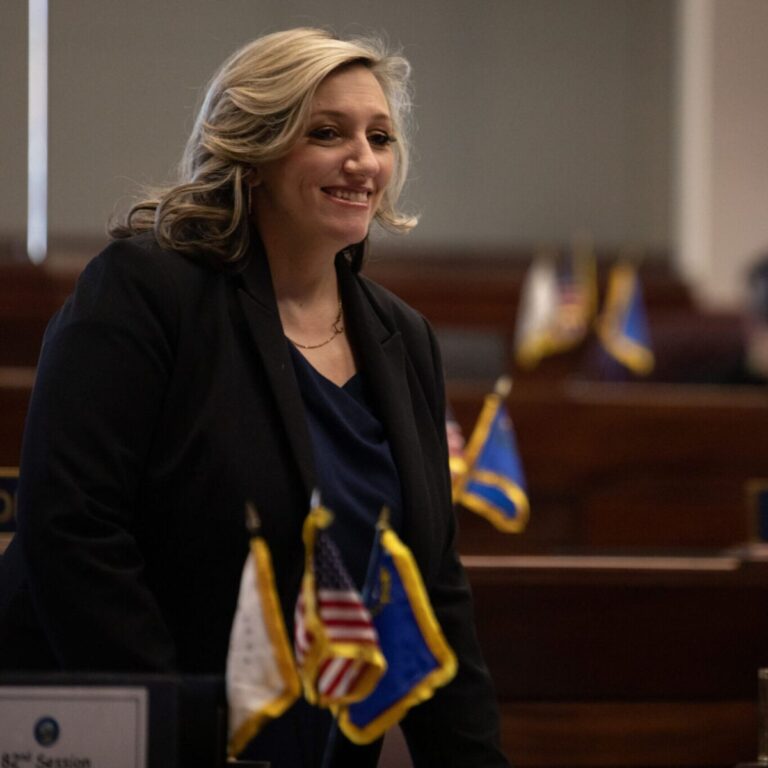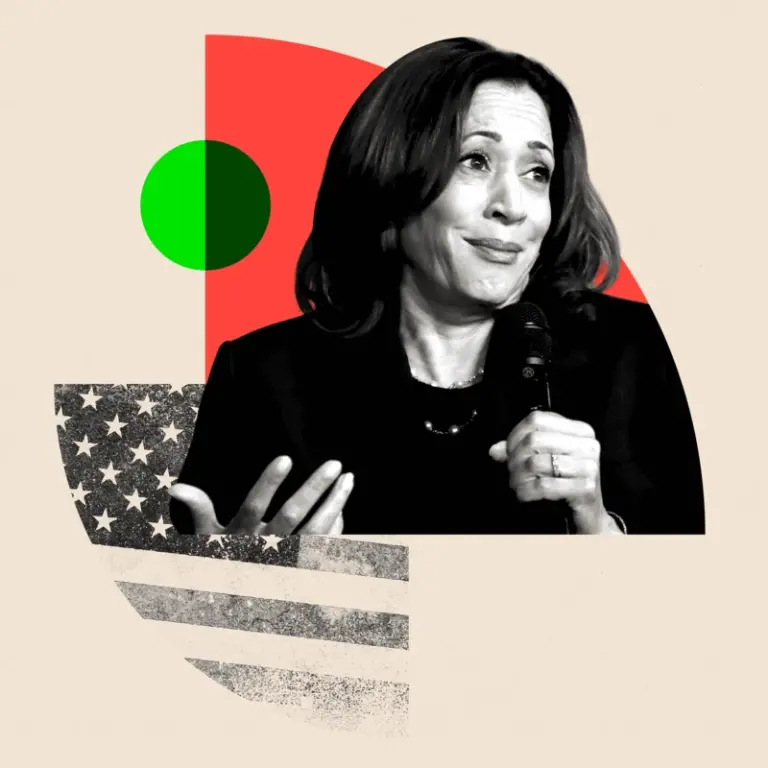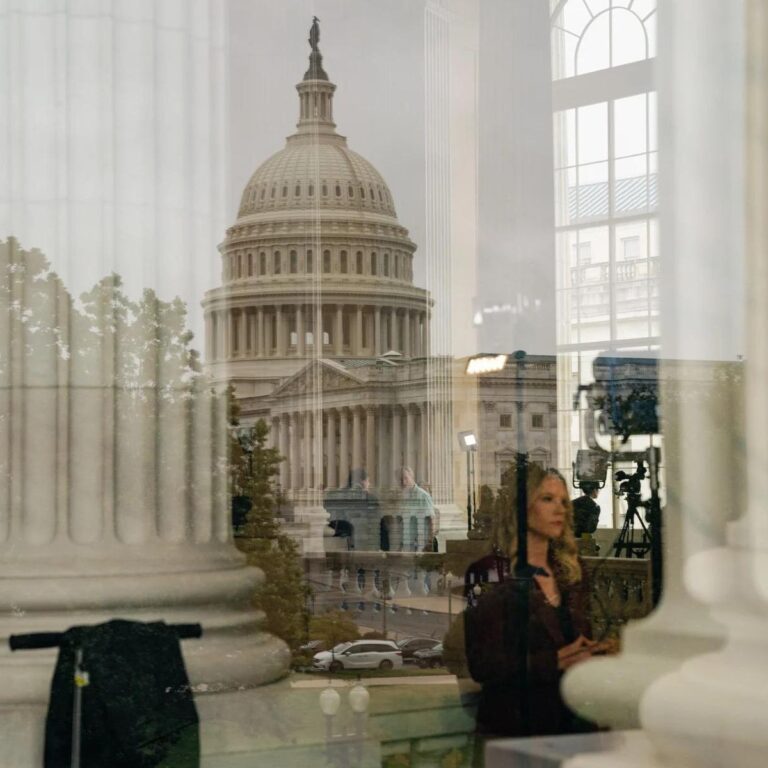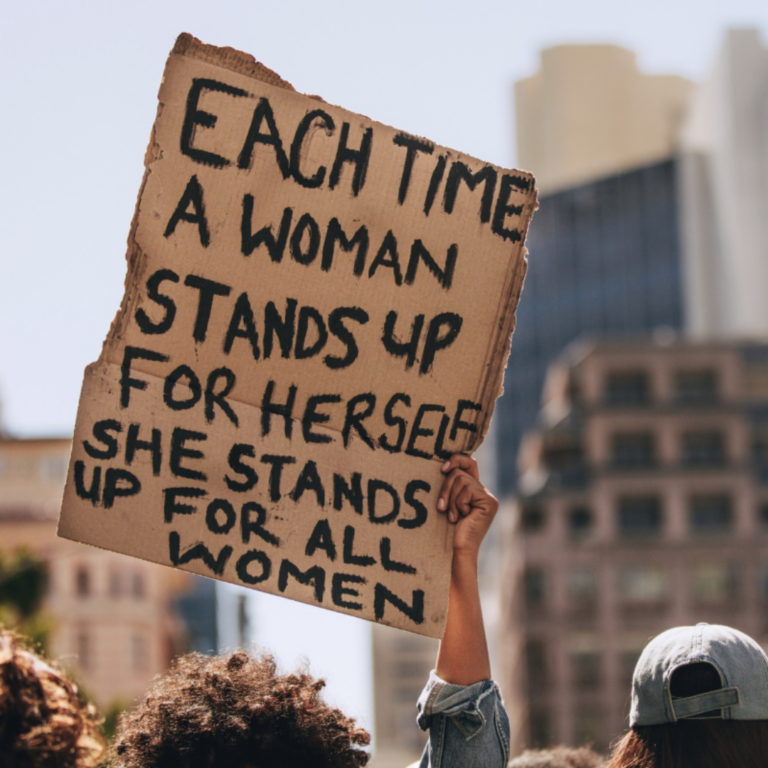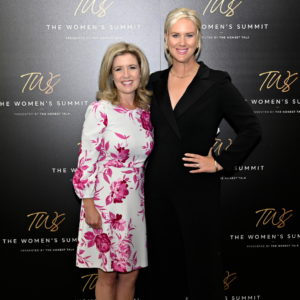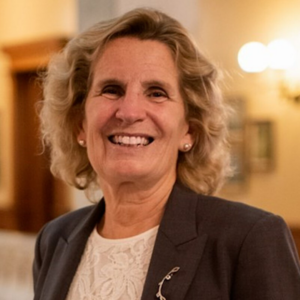Toxic politics: Why Pam Damoff and other women are walking away
Women Leaders22.01.2025
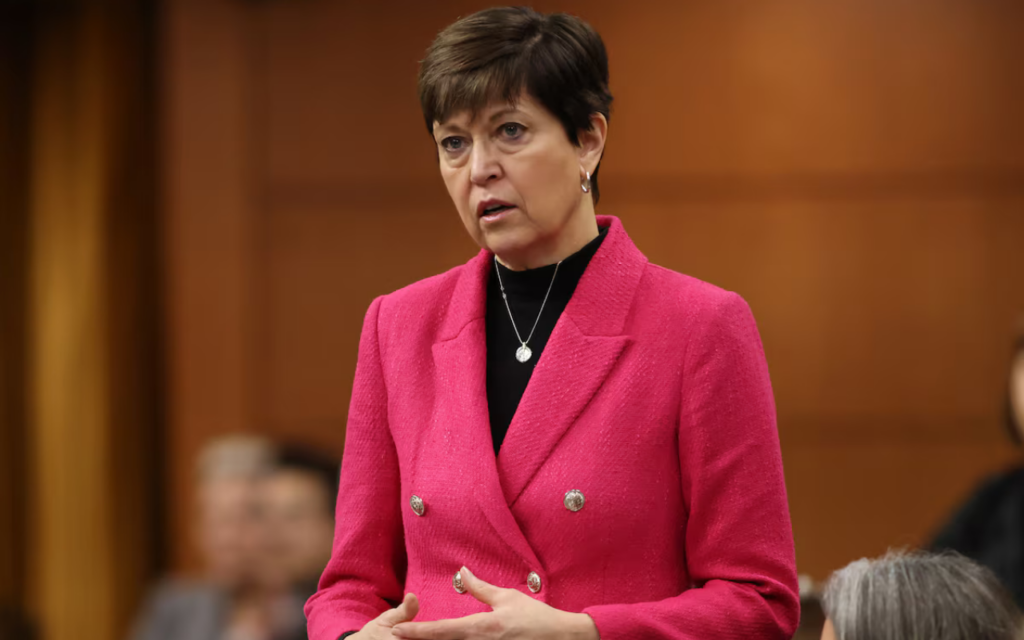
When Pam Damoff announced her decision to leave politics last May, she received an onslaught of emails — not the usual vitriol she had come to expect from the job, but an outpouring of empathy and concern.
Her choice not to seek re-election wasn’t about burnout or wanting to spend more time with family, the usual reasons politicians cite. Instead, it was a reaction to a toxic shift she’d felt deeply over the last few years.
“I was really heartened by the emails I got from people who didn’t realize just how bad it was,” said Damoff, the Liberal MP for Oakville North-Burlington. “The culture has changed. The tone, the attacks, the personal nature of it all — it’s gotten to a point where I feel like I have to move on.”
An onslaught of hate
While political figures have always faced their fair share of scrutiny, Damoff noticed that the personal attacks escalated during the pandemic, likely sparked by the wide polarization we saw in society.
“We went from love and kindness — banging pots for healthcare workers at the beginning — to the Freedom Convoy and very divided rhetoric,” she said. “I think everybody was guilty of this, but it became, ‘I think this way, and if you don’t, then you’re my enemy.’”
From then, on any given day, Damoff says she and her staff were subjected to “absolutely awful” messages through email and social media. And while her male colleagues also faced increased criticism, it was often about their policies.
For women, it was always deeply personal.
In one instance, Damoff’s email address was shared online, resulting in thousands of messages filled with horrific comments, threats of rape, and details of what people thought should happen to her.
It got so bad that her team started an email sub-folder called “Misogyny” to filter them out.
“The misogyny is unbelievable,” she said. “There is undeniably a misogynistic undertone to so much of what women in Parliament are subjected to. That’s not necessarily new, but it’s become exponentially worse in the last three years.”
This polarization also spilled into her life outside of work.
While at the grocery store, she’s had people scream at her that she deserved to “get what’s coming to her,” that she “should be in jail,” and to “F— Trudeau.”
At a business event, she was also threatened and accused of having “killed people.”
“It really threw me, especially at an event like that, because I didn’t expect it,” she said. “Whenever I was out in public, and not necessarily at events, but going to the community centre for a gym class, I found myself constantly worried if the person walking towards me was going to threaten me. I was always looking over my shoulder.”
That fear also extended to her family and staff.
“My staff answer the phones and listen to voicemails, and they’re subjected to the same abuse. It’s relentless,” she explained. “And I worry about my family. We’ve seen MPs who’ve had their families targeted, their homes targeted. If I had a young family at home, I’d be really scared.”
Both Damoff and her team have consulted the police about the threats, but their response has been far from adequate, she said.
“We’ve reported threats numerous times, and usually the response back is, ‘What would you like us to do?”’ she said. “They say it’s awful but lawful…. I think there’s a line that’s been crossed that’s more than just awful.”
Hoping for change
Damoff’s departure is part of a larger troubling trend.
Across Canada, a number of female political leaders at all levels of government have stepped down or spoken out about their experiences with online – and in-person – abuse.
France Bélisle, Gatineau’s first female mayor, stepped down in February 2024 after receiving death threats and experiencing a “hostile” political climate.
Sylvie D’Amours, a Coalition Avenir Québec government legislature member, permanently closed her riding office due to safety concerns.
Shannon Phillips, an Alberta NDP party member, resigned in June 2024, citing toxic politics.
And former federal environment minister Catherine McKenna notably stepped down in 2021 after being targeted by misogynistic harassment.
That’s just to name a few.
It’s a trend Damoff worries could change the face of politics if we don’t confront it head-on.
“Hundreds of women are choosing not to run for office or are leaving politics altogether because of the tone,” she said. “What impact does that have on our ability to recruit women to politics?”
She does hope, however, that speaking out about the reality that women in politics are facing could be the catalyst for change.
“I want to be honest about how the culture has changed my perception about whether I want to stay in politics, and we’ve seen other women come forward and do the same,” Damoff said.
“I think the reaction to me leaving has given me a lot of hope, and I truly believe in the goodness of Canadians. But for right now, I just know in my heart that there’s something else out there for me.”



